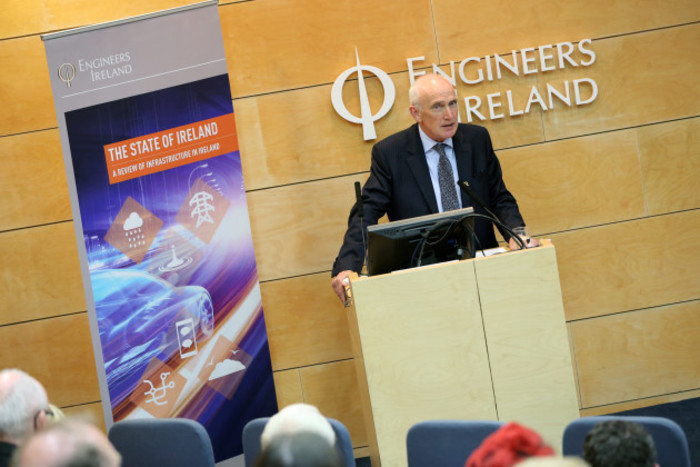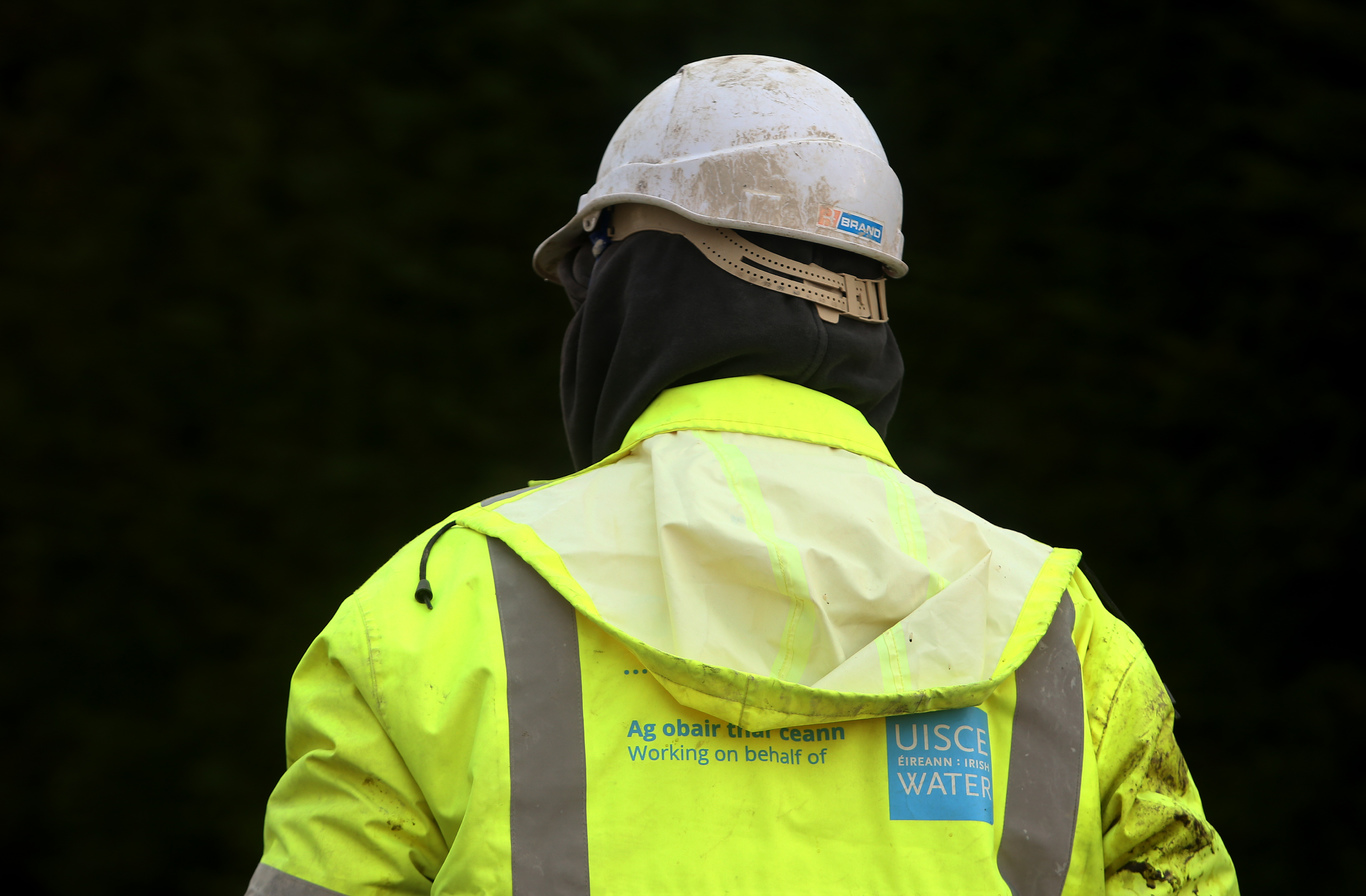'Ireland needs one body for water, whether that's Irish Water or something else'
Engineers Ireland gave Ireland’s water network a ‘D’ grade – the worst for any infrastructure sector in the country.
IRELAND NEEDS A single central authority to help bring the state’s water infrastructure up to speed, according to one of the country’s largest professional groups.
In its annual ‘State of Ireland’ report, which grades the country’s infrastructure, Engineers Ireland gave the lowest mark – a ‘D’ grade – for any category to the water network.
Despite calls for Irish Water to be abolished, incoming President of Engineers Ireland and energy expert Dermot Byrne told Fora that a single body is needed to oversee and improve the water system.
“It would be foolish to go back to 34 different organisations to deliver (water) programming,” he said. “Rural electrification was done by a single utility with the ESB; whether it’s called Irish Water or something else doesn’t matter.”
 Incoming Engineers Ireland president Dermot Byrne
Incoming Engineers Ireland president Dermot Byrne
“What Irish Water has done is critical to analysing the water infrastructure that we have. Before we didn’t have a picture of what was required to be done.
“(Now we know) the average age of pipes here is 75 compared to the EU average of 36 and things like the risk management system in Dublin is badly in need of refurbishment. We didn’t have that picture before Irish Water.”
The report pointed to several issues in Ireland’s water system, such as the fact that 47% of treated water is lost through leakage, almost twice the level of the UK.
It made a number of suggestions to improve the situation, including preserving “a public water utility as the best way of ensuring that the water industry is brought to the standards required by a modern economy”.

Overall, communications received the best score of any sector, a ‘B’, while energy transport and waste all received ‘C’ grades. Also included was flood management and water quality, which scored a ‘C’.
The report made a series of recommendations to improve the country’s infrastructure including:
- Switching 900,000 homes not connected to the gas network to electric heating, rather than using fossil fuels
- Faster movement on a second runway for Dublin Airport
- Developing a national future flood forecasting service
- Continuing the roll-out of the organic waste-collection system to households and businesses, supporting the national transition to pay-by-weight charging
Byrne said that extra funding would be needed for many of these projects.
The current government’s plan commits to spending €27 billion on infrastructure between 2016 and 2021 inclusive, but Engineers Ireland said that “falls short of addressing the gap” and urged spending be doubled to avoid bottlenecks emerging in various sectors.
“What if you find that you don’t have enough room in Dublin airport to cater for passenger demand or if the electricity system isn’t good enough?,” Byrne said.
“We will forever be on the back foot unless we can get ahead of this and tackle serious issues out there.”






